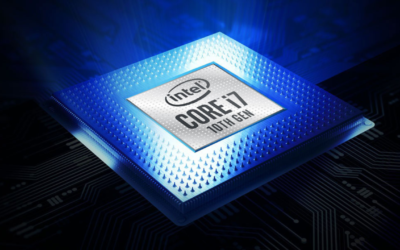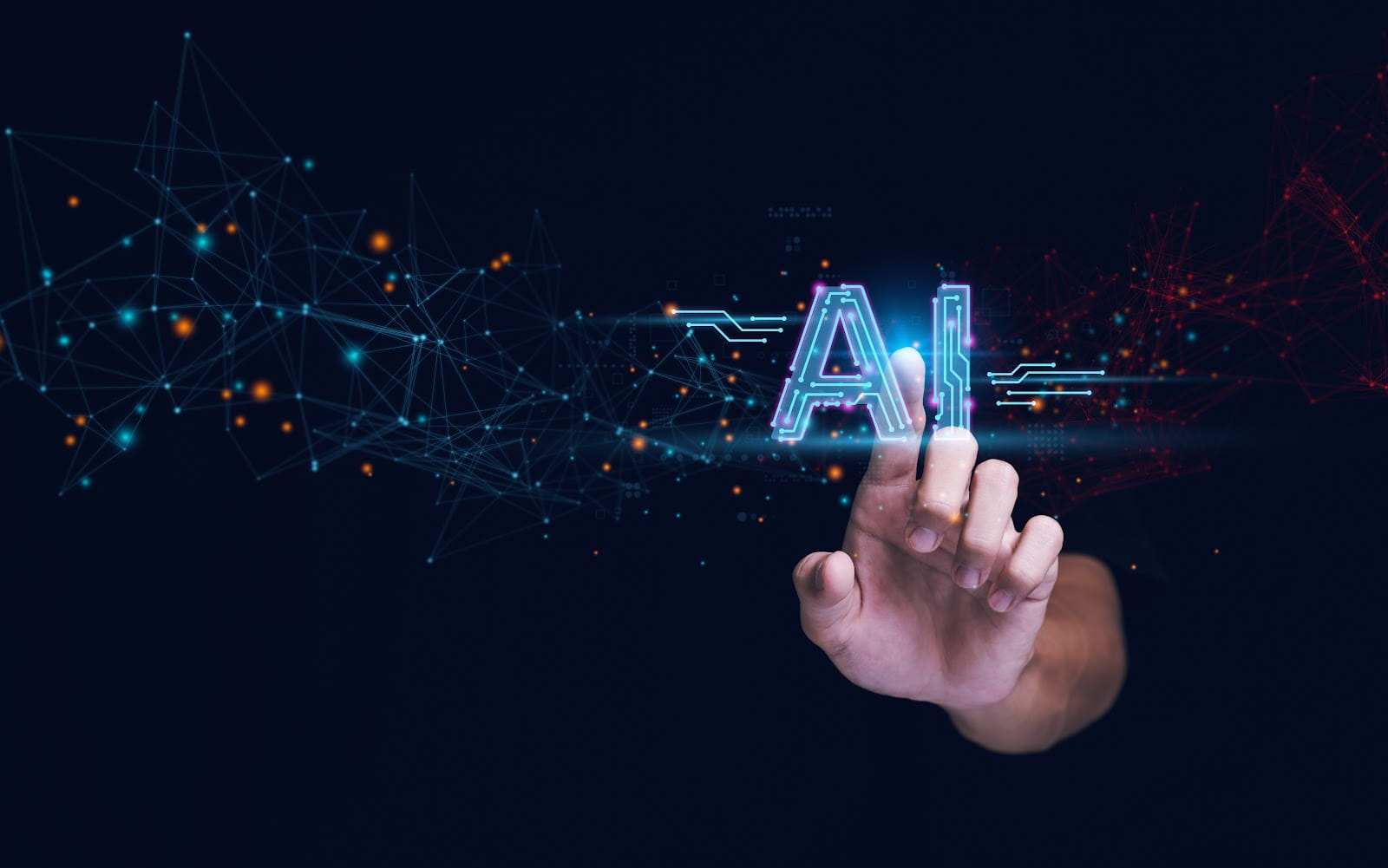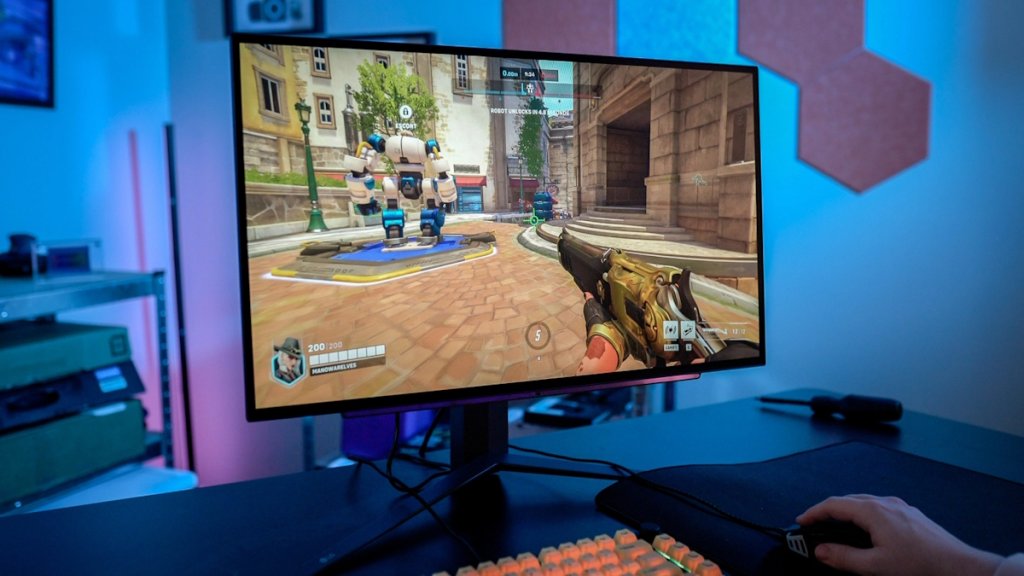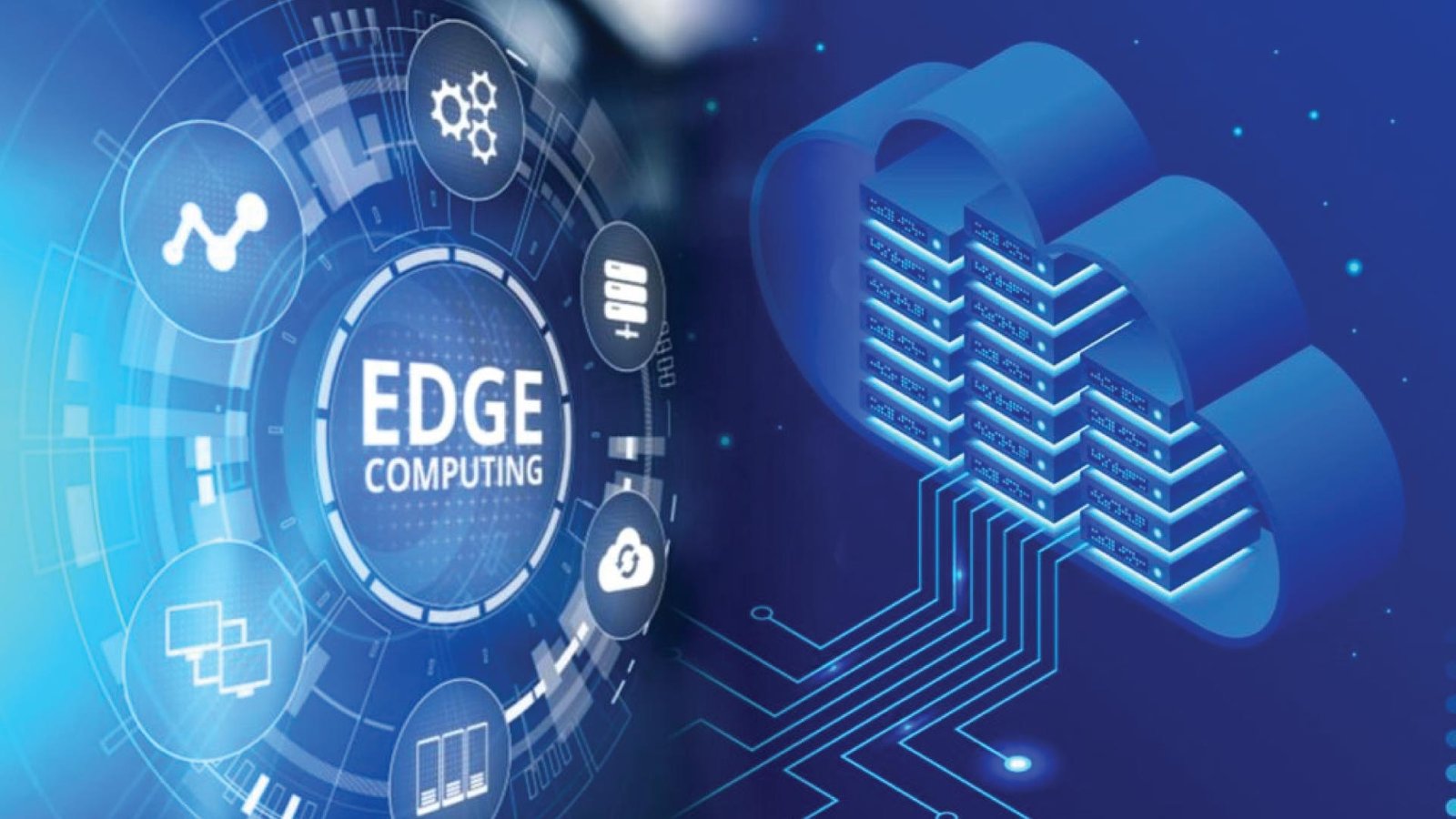AI in HR: How Smart Devices Are Streamlining Recruitment Processes

The integration of AI is developing the work of HR departments, especially the recruitment process. Using AI-powered laptops, smartphones, tablets, and other devices helps boost recruitment by automating tasks such as sending candidate meeting links, screening, interview scheduling, and many more.
With machine learning and the natural processing language of the AI gadget, HR professionals can sift through vast applications in a fraction of the time it once took. This can make the recruitment of employees easy and allow them to focus on other projects and activities.
Smart AI Devices and Their Impact on Recruitment
Smart AI devices like laptops, smartphones, wearables, servers, and others are the gadgets that make the hiring process easy, effective, and data-driven. With the AI features in the machines, such as voice assistance, automated task management, and others, HR professionals of the companies manage their work easily. Here are some of the AI devices that help in the hiring process:
Laptops and Computers
AI recruitment software on laptops and computers helps to ease the recruitment process and other tasks. The software can analyze thousands of resumes in seconds, using machine learning algorithms to identify the most suitable candidates based on specific job requirements.
Some AI Laptops, have features like Natural Language Processing that allow AI to understand resumes beyond keyword matching, offering more accurate candidate assessments.
According to the BBC, 42% of companies used AI screening “to improve recruiting and human resources.”.
Some of the software for the recruitment process is:
- Applicant Tracking Systems
- AI-driven Candidate Assessment
- AI-Enabled Talent Acquisition
- AI-Powered Candidate Engagement
Wearable Devices: Real-Time Insights and Efficiency
Wearable devices also help in managing the recruitment process. Suppose you are in the meeting and have a schedule to take an interview with a candidate. With a wearable device like a smartwatch, you can get the notification and adjut the meeting accordingly.
Further, these devices can track data such as candidates’ stress levels during interviews, providing insights into how well they handle pressure. This can be particularly useful for positions that require quick thinking and composure under stress.
According to the Pew Research Center, 21 percent of Americans say they regularly wear smartwatches or fitness trackers.
In addition to candidate evaluation, wearable devices can help HR professionals manage their workloads more efficiently. For example, smartwatches can provide reminders for upcoming interviews, track progress on hiring tasks, and even facilitate quick communication with team members. As these devices become more advanced, their role in recruitment will likely expand further.
AI in Candidate Screening and Evaluation
One of the most significant areas where AI-powered devices are transforming recruitment is candidate screening and evaluation. Traditionally, you need to check each candidate’s resume and documents manually, but with the help of AI, you can easily manage to complete your task on time or before.
Automated Resume Screening
AI-powered resume screening tools can scan hundreds or thousands of resumes in seconds. This can help you identify candidates who meet the job’s criteria and are ideal for your workspace. The AI has the special technology to evaluate factors such as education, work experience, skills, and certifications.
AI-Powered Interview Assessments
AI-powered video interview platforms analyze candidates’ verbal and non-verbal cues, such as speech patterns, body language, and facial expressions. These platforms provide insights into candidates’ confidence, emotional intelligence, and cultural fit, giving HR teams valuable information to aid in their decision-making process.
AI can also generate structured feedback based on these assessments, making it easier for HR professionals to compare candidates and identify the best fit for the role. This technology ensures that the recruitment process remains objective, reducing bias and improving the quality of hires.
Conclusion,
AI-powered devices and tools are changing the recruitment process by automating tasks such as resume screening, interview scheduling, and sending links. These devices allow HR teams to focus on strategic decision-making and relationship-building with candidates.
As AI is developing faster, it promises to offer much more in the future, allowing the recruitment team to hire the desired candidate and enhance the business.










